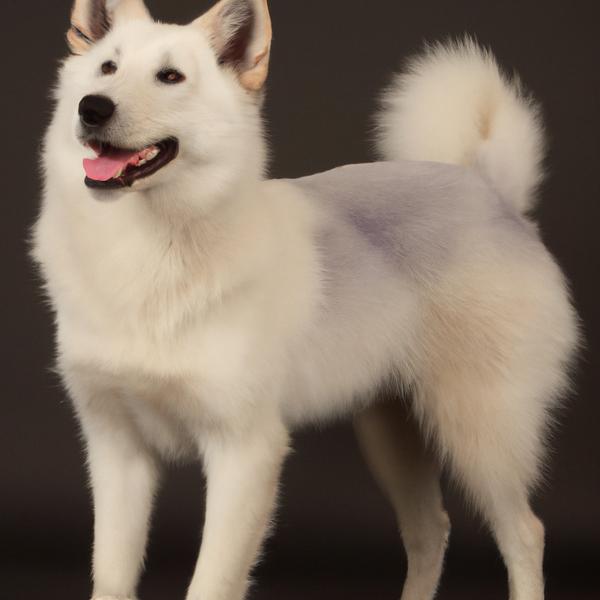
Australian Eskimo Breed Information & Characteristics
Hypoallergenic
Are Australian Eskimos Hypoallergenic?
Unfortunately, the Australian Eskimo is not hypoallergenic, making it not a good choice for a dog lover who suffers from pet allergies.
Temperament
What is an Australian Eskimo personality? What are Australian Eskimo dogs best known for?
Active
Loving
Independent
Energetic
Protective
Alert
Intelligent
Friendly
Affectionate
Good-natured
Shedding Level
Are Australian Eskimos heavy shedders? How Much Does an Australian Eskimo Shed?
Australian Eskimo dogs are heavy shedders, they will lose a significant amount of hair each year. To decrease the amount of shedding, you can regularly brush your Australian Eskimo. This will remove loose hair and keep his coat growing in the same direction.
Watchdog Ability
What is the watchdog ability of an Australian Eskimo dog?
Australian Eskimos are not the best watchdogs. If you want a guard dog, the Australian Eskimo is not the breed for you. They will 'watch' everything - but that's usually as far as they go.
Origin
Where do Australian Eskimos come from?
United States
Ancestry
What are Australian Eskimos descended from?
American Eskimo and Australian Shepherd
Breed recognition
What organizations or kennel clubs recognize/register the Australian Eskimo breed?
ACHC = American Canine Hybrid Club
DRA = Dog Registry of America, Inc.
Date of Birth
When were Australian Eskimos first bred? How old is the Australian Eskimo breed?
1990s
Litter Size
How many puppies can an Australian Eskimo have in a litter? How many puppies can an Australian Eskimo have in her first litter?
An Australian Eskimo can have a litter of 4-6 puppies on average. However, it's worth noting that the size of the litters can vary greatly. Factors that can influence litter size include the health of the mother, breeding history, and genetics.
Adaptability
The adaptability of Australian Eskimo dogs is a well-known trait, they are known for being able to adjust well to different living environments and lifestyle changes.
Health Issues
Do Australian Eskimos have a lot of health problems?
The Australian Eskimo is generally considered to be healthy. However, like all breeds, they are susceptible to certain health issues and it is important to keep an eye out for them and address them with your veterinarian as needed.
Major Concerns
What are the major health concerns to be aware of when owning an Australian Eskimo?
Patellar Luxation
Progressive Retinal Atrophy
Hip Dysplasia
Epilepsy
Addison's Disease
Minor Concerns
What are the less significant issues to keep in mind when it comes to Australian Eskimos?
Dental Disease
Occasional Tests
What are the occasional tests recommended for Australian Eskimo breed?
Hip And Eyes
X-Rays
Eye Examination
Dental Examination
Energy
Do Australian Eskimos have a lot of energy?
Australian Eskimos are known for their high energy levels, so if you're looking for a more low-key dog, this breed may not be the best choice.
Social Needs
Do Australian Eskimos need socialization? How social are Australian Eskimos?
Australian Eskimo have very high social needs. These needs include regular mental and physical stimulation, a job or purpose, and companionship. They thrive in environments where they have a lot of interaction with humans and other dogs.
Exercise Needed
How much exercise should Australian Eskimos get?
The Australian Eskimo dog requires a moderate amount of physical activity to maintain a healthy lifestyle. These breeds are ideal for people who have a moderate amount of time to devote to their pet and enjoy regular physical activity themselves. They also make great family pets as they have the energy to keep up with children and the temperament to be great companions.
Sleeping Need
How much sleep should an Australian Eskimo have? Do Australian Eskimos sleep a lot?
Australian Eskimos are active dogs that don't require as much sleep as other breeds. However, they still need enough sleep to stay healthy.
Tendency to Bark
How much does it bark?
Australian Eskimo dogs tends to bark less frequently than most other dogs. They tend to be quieter and less vocal than other breeds. They may only bark when necessary, such as to alert their owner of something or to communicate something. They do not bark excessively, and may not bark as much as other dogs in certain situations, such as when they are left alone.
Mouthiness
Are Australian Eskimos mouthy?
Roaming urge
What is the likelihood of an Australian Eskimo running away? Do they have a tendency to explore or wander frequently?
Prey Drive
Do Australian Eskimo dogs have a high prey drive?
Past times
What do Australian Eskimos enjoy doing? How do I keep my Australian Eskimo busy?
Puzzle Toys, Hiking, Frisbee, Hide & Seek, Walk, Run, Hike, Chase, Fetch, Chasing rocks, Boating, Walks, Running, Walking, Car ride, Playing, fetch
Tolerance of being left alone
Grooming
What level of grooming should be provided for an Australian Eskimo?
The Australian Eskimo is a breed of dog that requires an average amount of grooming effort.
Intelligence
How intelligent is an Australian Eskimo?
Australian Eskimos has average obedience intelligence. But, they're also independent thinkers. The Australian Eskimo is a breed with an exceptionally high IQ and may get into mischief if left to their own devices.
Sensitivity Level
How sensitive is an Australian Eskimo dog?
This dog breed is particularly attuned to its environment and the emotions of those around it. It can be easily overwhelmed by loud noises, new environments, and unfamiliar people or animals. This dog is best suited for individuals or families who are patient, gentle, and understanding of its sensitive nature. It may also benefit from a calm and stable home environment, with a consistent routine and plenty of positive reinforcement training.
Affection Dependance
Are Australian Eskimo dogs affectionate?
Apartment Friendly
Do Australian Eskimo do well in apartments? Are Australian Eskimos good indoor dogs?
The Australian Eskimo is an apartment-friendly dog breed. They can do perfectly well in apartments providing they are sufficiently exercised and taken out and about as part of their owner's daily lifestyle.
Child Friendly
Are Australian Eskimos good with kids? Are Australian Eskimos good around children?
A Australian Eskimos typical characteristics indicate that this breed of dog is an ideal companion for kids and makes them family pets. Their gentle and protective nature and calm mentality make them gel along quickly with the younger humans
Senior-friendly
Are Australian Eskimos good for elderly?
Cat Friendly
Are Australian Eskimos good with cats? How friendly Australian Eskimos are toward cats?
Australian Eskimos are an average cat friendly dog. They do well with cats, even more if raised together from puppyhood,
Dog Friendly
Do Australian Eskimo dogs get along with other dogs? Are Australian Eskimos OK with other dogs?
Australian Eskimos are friendly, active and loyal companions. They generally love to be around other dogs, making them a good family pet for some,
Pet friendly
How do Australian Eskimo dogs interact with other pets? Are they considered pet-friendly?
Stranger Friendly
Are Australian Eskimos friendly with strangers?
Australian Eskimos are below average friendly around strangers. Keen of eye and sharp of tongue, most Australian Eskimos are very quick to announce strangers at the door. Once the visitor comes in, some Australian Eskimos will be friendly and outgoing. But many others have the standoffish or suspicious towards strangers.
Playfulness
Do Australian Eskimos like to play? Are Australian Eskimos playful?
Australian Eskimos are known to be highly playful dog. So if you're not up for all that, think about adopting a slightly older Australian Eskimo for a mellower experience.
Trainability
Are Australian Eskimo easily trained?
The Australian Eskimo is a breed of dog that is known for being very easy to train. They are highly intelligent and eager to please, which makes them a great choice for both experienced and novice dog owners.
Compare Australian Eskimo with other breeds
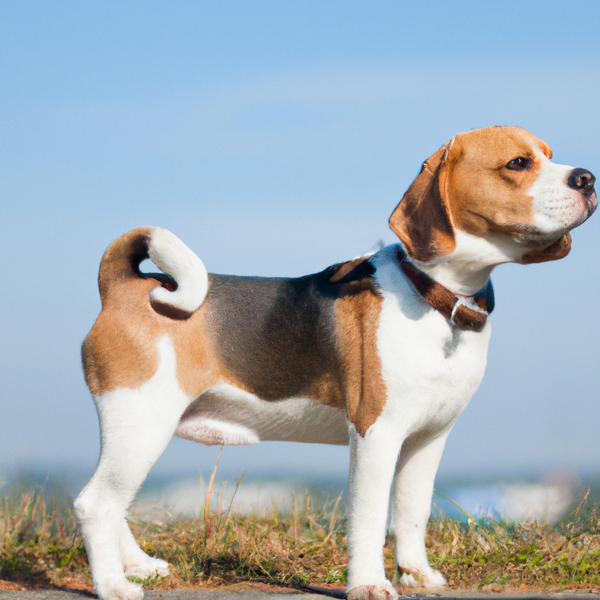
Beagi
Australian Eskimo vs Beagi
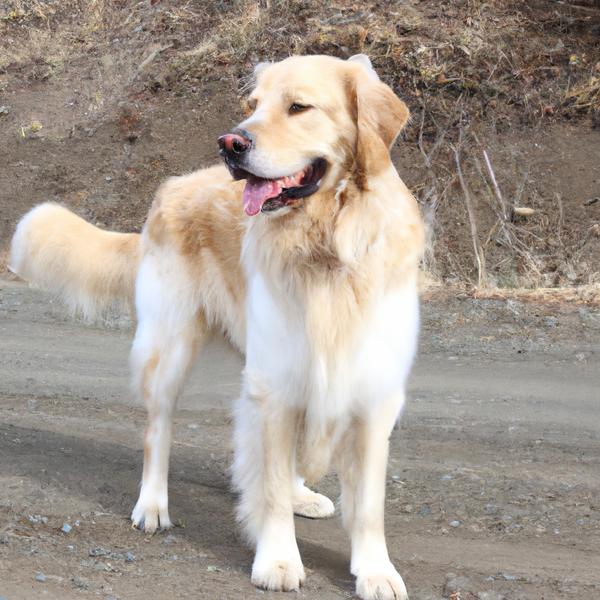
Goldendale
Australian Eskimo vs Goldendale
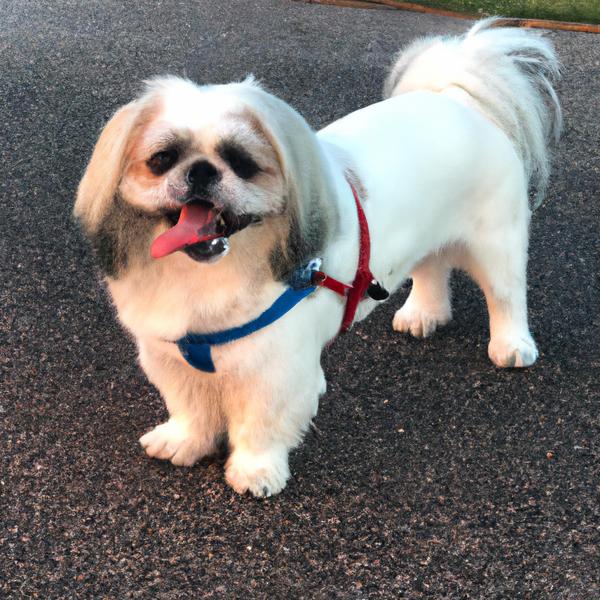
Silkytie
Australian Eskimo vs Silkytie
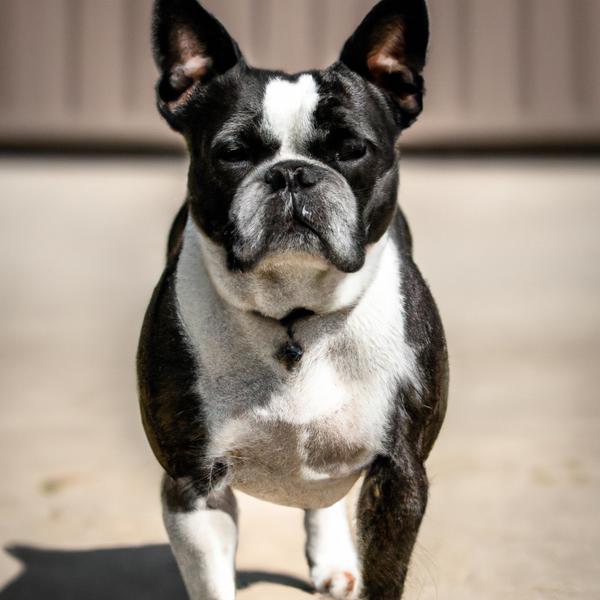
French Bull Tzu
Australian Eskimo vs French Bull Tzu
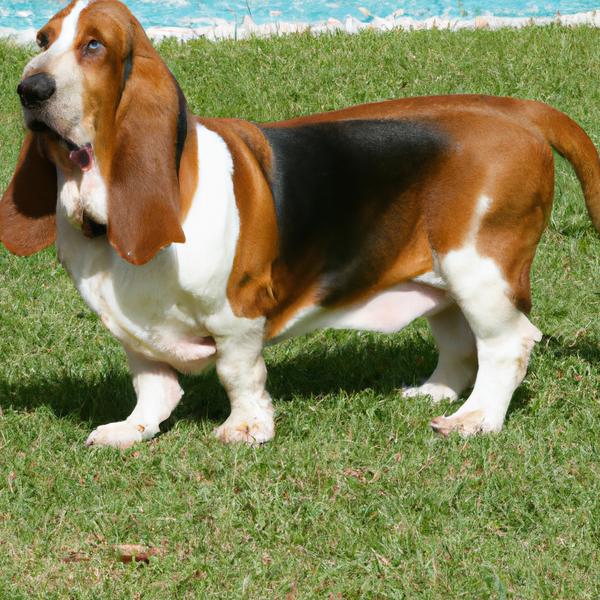
Basset Hound
Australian Eskimo vs Basset Hound
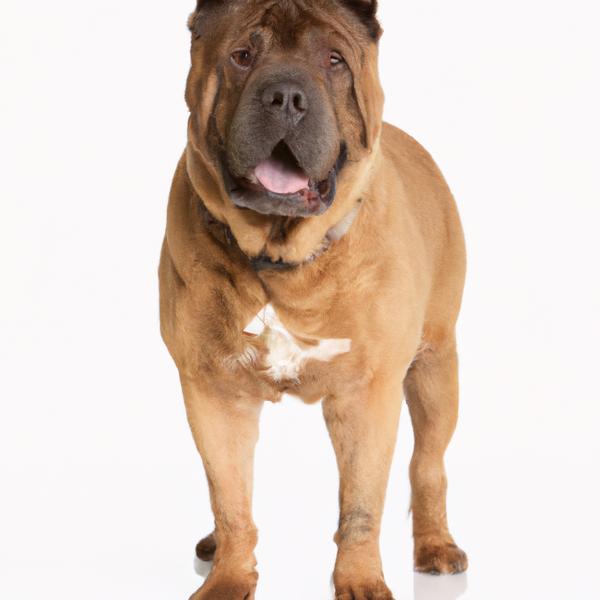
American Chow Bulldog
Australian Eskimo vs American Chow Bulldog
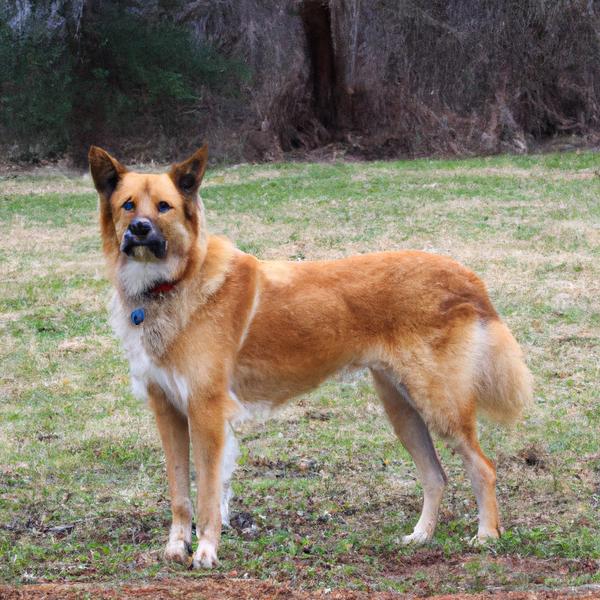
American Foxeagle
Australian Eskimo vs American Foxeagle
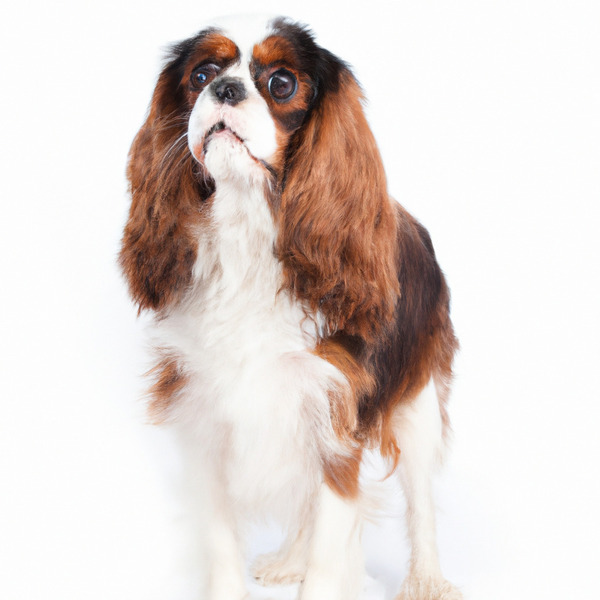
Cavalier King Charles Spaniel
Australian Eskimo vs Cavalier King Charles Spaniel
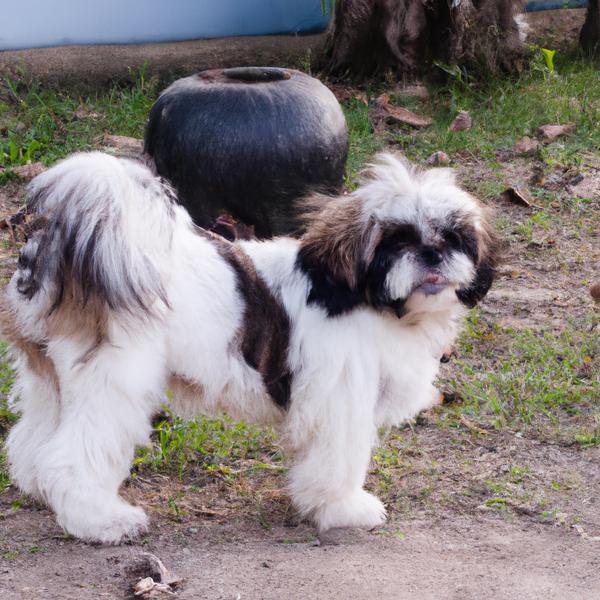
BoShih
Australian Eskimo vs BoShih
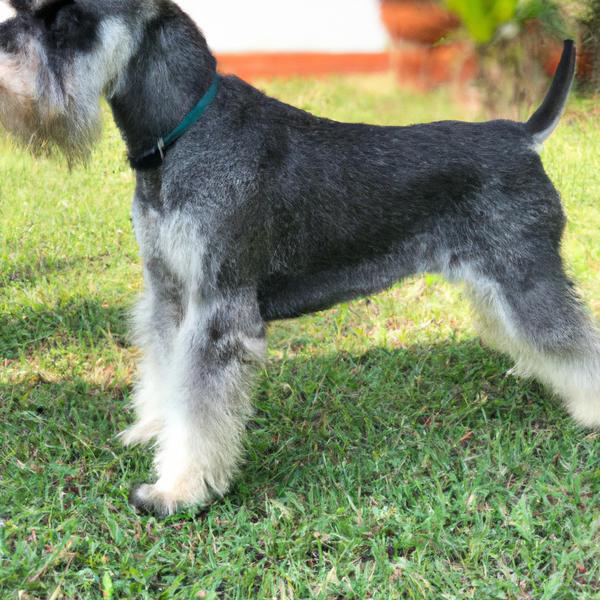
Standard Schnauzer
Australian Eskimo vs Standard Schnauzer

Pomerat
Australian Eskimo vs Pomerat
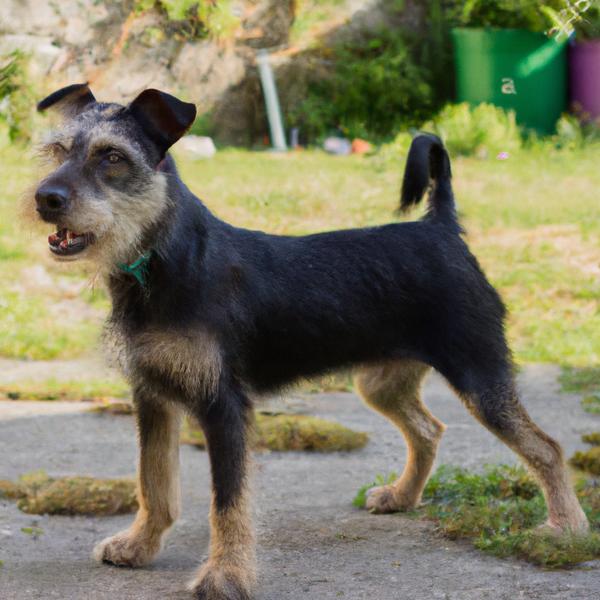
Fourche Terrier
Australian Eskimo vs Fourche Terrier